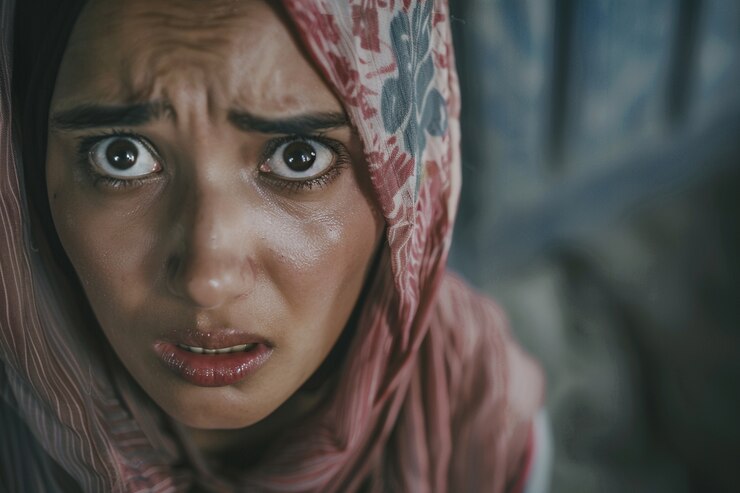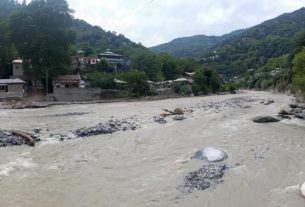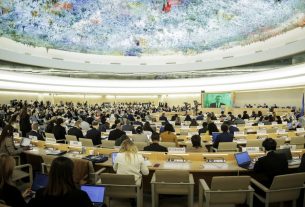Iran has seen a sharp rise in the execution of women, with at least 31 women executed in 2024, marking the highest annual toll in 17 years. This surge, highlighted by Iran Human Rights (IHRNGO), underscores a disturbing pattern in which female prisoners, often accused of crimes in the context of abusive relationships or coerced actions, face disproportionate capital punishment.
Factors Contributing to the Increase
According to the IHRNGO report, approximately 70% of the women executed in 2024 were accused of killing their male partners, frequently in situations of domestic abuse, including cases involving child brides. However, Iran’s strict interpretation of Sharia law, particularly its application of qisas (retributive justice), fails to acknowledge mitigating circumstances like spousal abuse or marital rape. Under this law, the victim’s family can demand the death penalty, forgiveness, or compensation, contributing to the rise in executions of women.
Additionally, Iran’s anti-narcotics law has led to a significant number of women facing death sentences for drug-related offenses, even though many of them may not have intended to commit the crime or were coerced into involvement. Despite reforms introduced in 2017 that initially reduced drug-related executions, recent years have seen a record-high surge in such cases.
Lack of Transparency and Gender Disparities
The opacity of Iran’s judicial system exacerbates these gendered inequalities. Official reports reveal that only 26% of executions involving women are publicly disclosed, with the figure dropping even further since 2021. The total number of women on death row is unknown, but cases such as those of Kurdish activists Varisheh Moradi and Pakhshan Azizi, who could face execution in the near future, highlight the ongoing threat to women’s lives.
International Outcry and Calls for Reform
The continued use of the death penalty in Iran has raised significant concerns internationally. The United Nations’ High Commissioner for Human Rights, Volker Turk, has called for a moratorium on the death penalty, and several UN experts have criticized the country’s severe violations of fair trial rights. Iran’s widespread use of capital punishment is seen as a violation of the International Covenant on Civil and Political Rights (ICCPR), which stipulates that the death penalty should only be imposed for the most serious crimes.
Maryam Rajavi, leader of the People’s Mujahedin of Iran (MEK), has also advocated for the abolition of the death penalty in her ten-point plan for Iran’s future, positioning it as a crucial element in the country’s path toward reform.
Conclusion
The rise in executions of women in Iran is a deeply troubling trend that highlights the country’s ongoing reliance on capital punishment, particularly against vulnerable female populations. As international pressure mounts for reform, the calls for a halt to these executions and a broader review of Iran’s justice system grow louder, with many advocating for the protection of women’s rights and an end to inhumane practices.
Image by freepik



